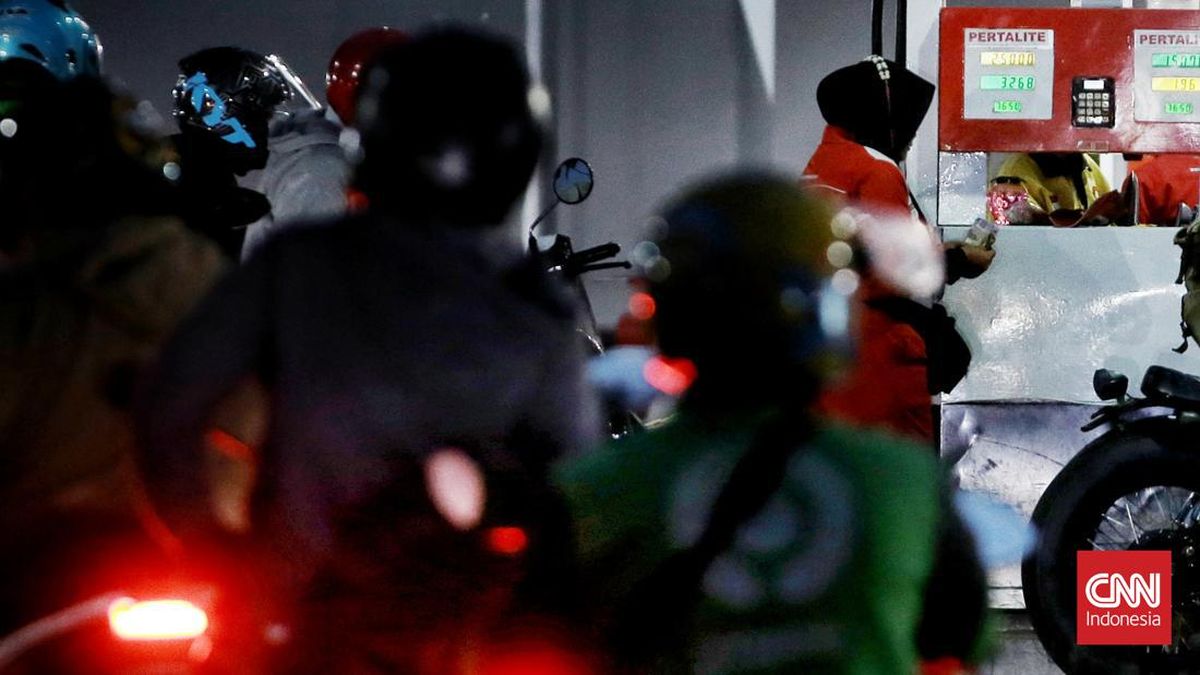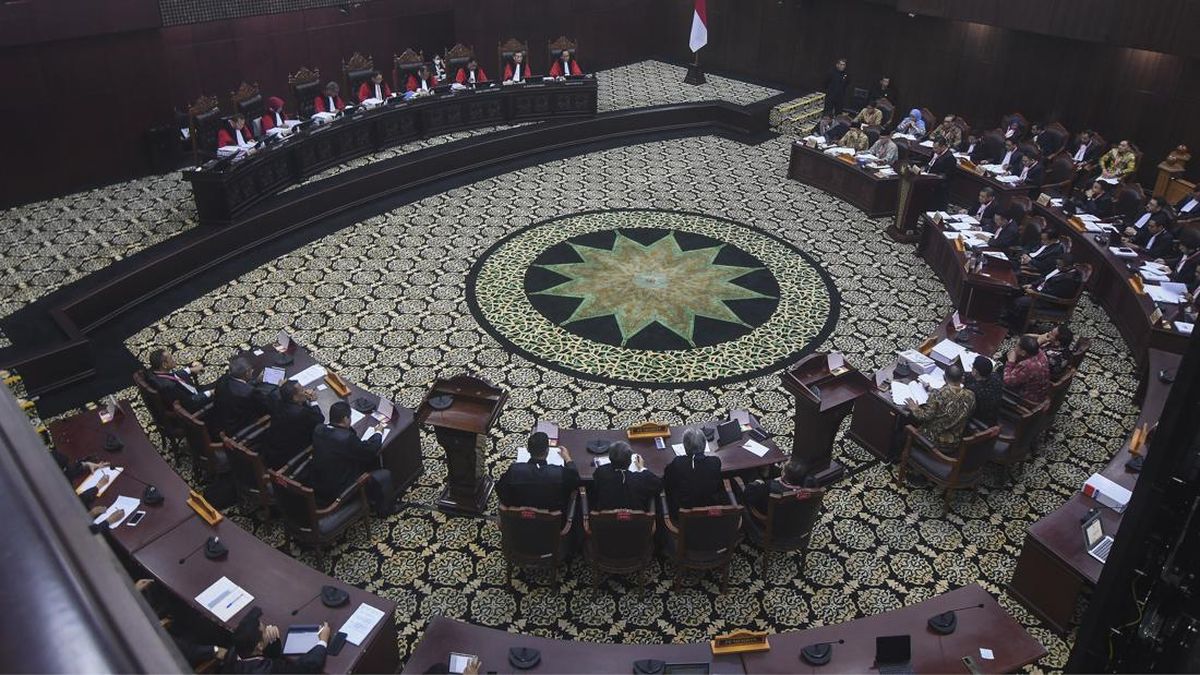
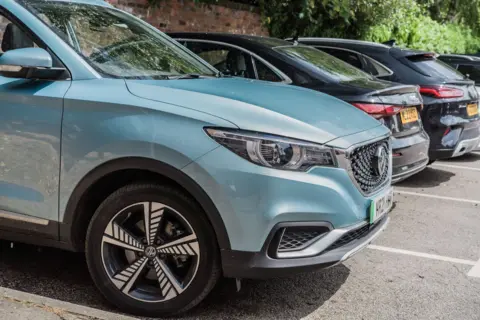 Getty Images
Getty Images
Motorists who drive sports utility vehicles (SUVs) or other large vehicles could be charged more to park in Cardiff, if changes to parking permits are approved.
The city would be split into three new zones with resident permits in the city centre scrapped and students entitled to fewer permits.
The lobby group, Clean Cities said it believes Cardiff is the first city in the UK to put the proposals about larger cars and SUVs to a Cabinet vote.
The 10-year plan affects residents, commuters and visitors but new permits for carers and NHS workers would be created. A decision will be made by Cardiff council on Thursday but the cost of permits would be decided at a later date.
A surcharge would be introduced for motorists with "oversized and highly polluting vehicles", said the council.
Drivers with cars weighing more than 2,400kg - SUVs - will pay more for a permit, and those with cars weighing more than 3,500kg will not be eligible.
The plan is aimed at cutting congestion and encouraging people to walk, cycle or use public transport when travelling in and around the city.
It is hoped the plan would also reduce air pollution. Drivers of diesel cars would have to pay a surcharge to encourage them to switch to less polluting vehicles.
Resident permits in the city centre would be scrapped and existing permits would be phased out when the holder moves.
What do people in Cardiff think?


Nic Collins owns a large vehicle
Some residents and motorists in Cardiff have been divided over the proposed changes.
Nic Collins said he agreed cleaner streets were important, but felt the plan unfairly singled out certain drivers.
"It is a bit unfair to target people for having a larger vehicle," he said.
He added that the size of a car does not always reflect how polluting it is.
"There a big cars that are hybrid, electric or economical, so I don't think it makes much sense."


Peter North uses his van for work
Peter North, who drives a van for work, said the proposed changes would unfairly penalise tradespeople who rely on their vehicle.
"They take up more space and that is fair enough, but why are they more dangerous?
"[The council] need an argument to say something like that."
He added that his van was essential for his livelihood.
"I need this vehicle for my work. It is a necessity. I use this van for my tools. I can't be expected to take the bus everywhere."

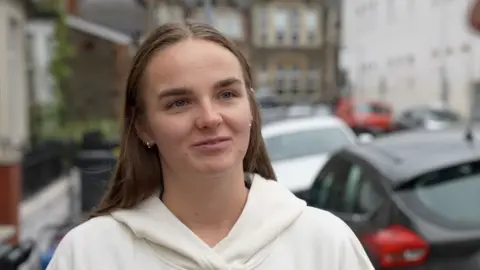
One resident said she understood the reasoning behind the proposal
But one Cardiff resident said she understood the idea, "I think it makes sense, it takes up more space on the road."
"I understand where they are coming from, but you also should not be punished for having a larger vehicle if it is your job and you need a work van."
But student Beca Hughes, 19, said: "I think a lot of people are reliant on permits.
"You notice a lot more people parking on double-yellow lines, you can struggle getting a parking space."
She said students may feel unsafe in the dark.
"They might not be guaranteed that safety if they can't park right outside their house," she said.


Joe said he needs his car because he works as a sports coach across south Wales while studying in Cardiff University
Joe Liston, 19, a sports coach and student is "not really a fan" of visitor permit allowances being halved for students.
"I think it's a bit unfair really, I need my car for a job, I work in schools as well as being a student, one day I may be in Caerphilly the next in Newport," he said.
"How do you expect me to do that without a car.
"You can't quickly find a train, or I can't really afford to pay for a taxi, there's so many other people who do the same as me."

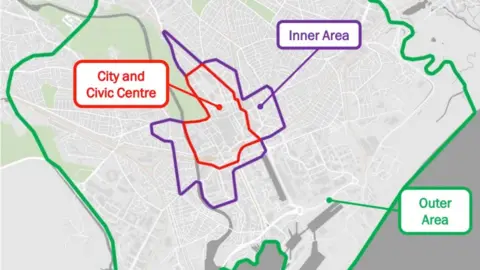 Cardiff Council
Cardiff Council
Cardiff would be split into three zones, each with its own parking rules
Cardiff would be split into three zones - known as parking management areas:
- The City and Civic Centre
- The Inner Area
- The Outer Area
Each will have its own rules:
- The City and Civic Centre would have no residential permits
- The Inner Area would be a mix of permits and permitted bays, although not for businesses
- The Outer Area would allow all permits, but the times you would need a permit may vary
'Double-whammy' in car tax and parking charges
Managing director of KEW Planning consultancy Kathryn Williams said: "I think they need to have the infrastructure in place."
She said people may not like the "double-whammy" of being charged more for their SUV, when they already pay more in car tax.
"Is it going to be a deterrent? I think people will need to be extremely careful when they're coming into the city," she added.
"I think there'll be concern from retailers and people with businesses in the city centre.
"I don't think the communication around the consultation has been that successful, as somebody who works in the industry, we haven't been notified."
Ms Williams said public transport needs to be better.
She said: "I think we really need to look at improving things like our bus services, run a little bit longer, bit more frequent, same with the trains.
"I would use the train far more if they ran a bit later."
She added there were "safety issues" with cycling in parts of the city.

 Kathryn Williams
Kathryn Williams
Kathryn Williams, a town planner, said some motorists and businesses may not like the plan, and believes public transport needs to improve
But resident Thomas Chu says city centre parking needs to be reduced.
He used to pay £120-a-month for a parking space for his flat.
"It's not suitable for too many cars around here," he said, adding it would cut pollution as well.

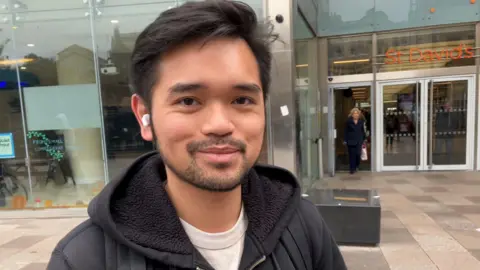
Thomas used to pay £120 a month for a parking space for his flat
New carer permits
Under the new parking plan new permit types would be created:
- Essential service permits for NHS and council staff
- Community permits for places of worship and schools
- Business permits but only in the outer area
- Carer permits for professional and unpaid carers
Cardiff council said the new plan would "improve the quality of life for residents and visitors" and would "prioritises blue badge holders".
Motorcyclists would now require a permit to park in resident bays.
If the changes are approved on Thursday, there will be another consultation before they are introduced.

 10 hours ago
2
10 hours ago
2
